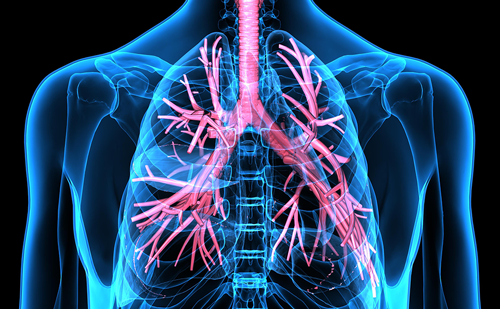Q. What were the aims and design of your study?
As novel variants of SARS-CoV-2 emerge, vaccines against the virus may become less effective at preventing infection, as was seen with the B.1.529 (Omicron) variant.1 As such, we sought to investigate whether prior vaccination reduced the risk of severe outcomes. We created a time-matched cohort of individuals hospitalized due to SARS-CoV-2 using data from Ontario, Canada. Matching was based on test date with up to five unvaccinated individuals matched to a single vaccinated individual. Risk of intensive care unit (ICU) admission and risk of death were evaluated using conditional logistic regression. Exploratory analysis also investigated whether the protective effects from vaccination were modified based on patient characteristics or variant.
Q. What did the results tell us about the impact of vaccination on the risks of requiring treatment in intensive care and death?
Compared with no vaccination, vaccination with one, two or three doses significantly reduced the risk of ICU admission and death, conditional on hospitalization. The reduction in risk was found to be greater for ICU admission than for death.
Q. What were the strengths and limitations of this study?
Our study was time matched, which reduces the likelihood that our findings were impacted by changes in circulating variant or vaccine prioritization. Additionally, the restriction to hospitalized individuals in our study reduces potential bias due to differential testing in vaccinated and unvaccinated individuals.
One important limitation of our study, however, is the inability to ensure that the effects observed are not at least in part due to residual confounding. Our study results also lacked statistical power to estimate Omicron-specific protection owing to time lags and the recent emergence of the variant.
Q. What is the take-home message from these findings?
Even when the vaccine fails to prevent infection and subsequent hospitalization due to SARS-CoV-2, the vaccine offers protective effects against severe outcomes. As such, high vaccination rates are extremely important for public health.








